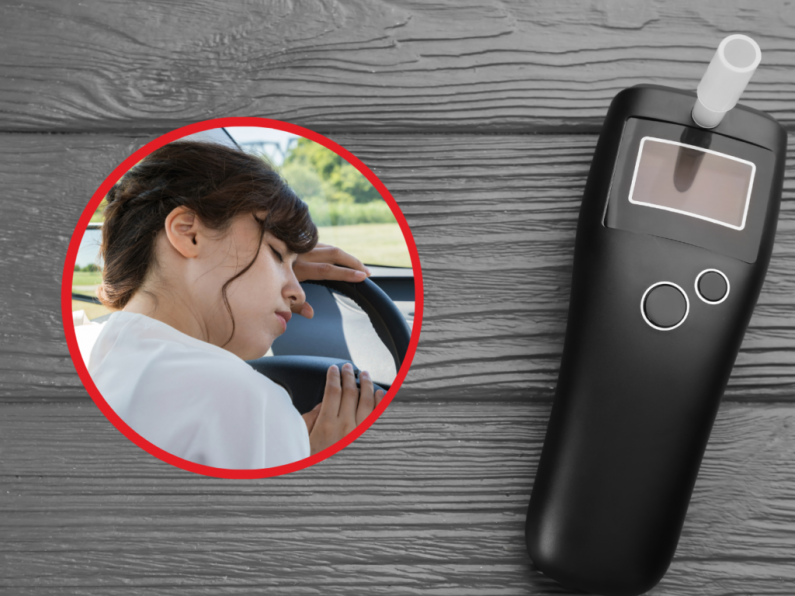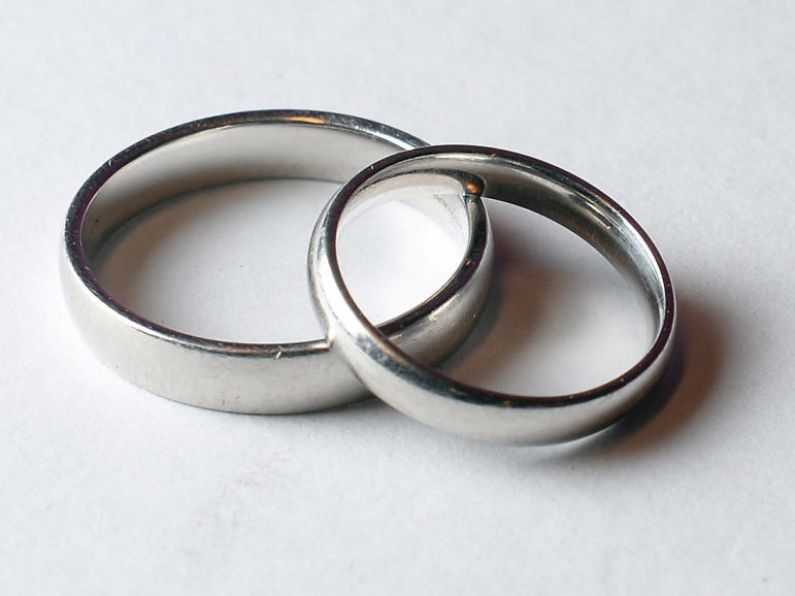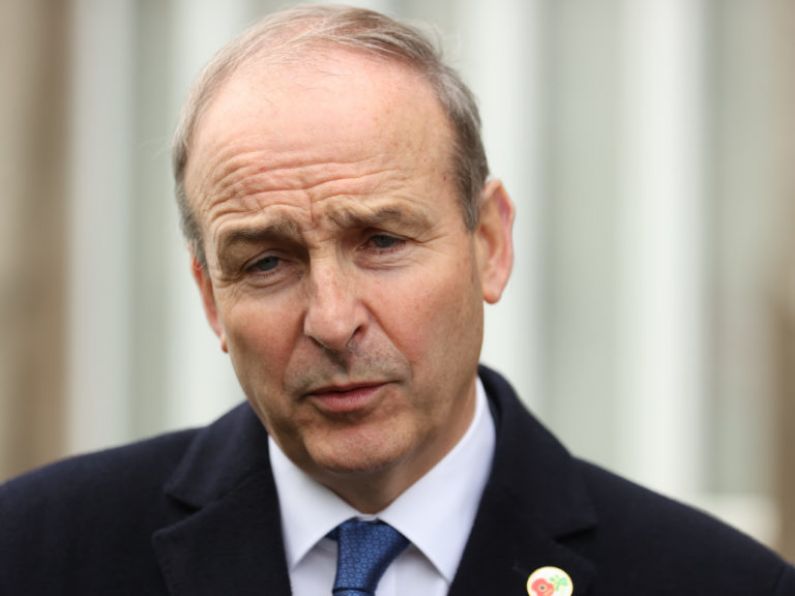A 'snooze-alyser' is being developed that will tell you if you're too sleepy to drive.
Researchers are working on a roadside blood test to detect tiredness in motorists, which could lead to prosecutions for those causing accidents when sleep-deprived.
Monash University in Melbourne is developing the tool, as evidence shows driving on less than five hours of sleep could be as dangerous as being over the drink-driving limit.
According to The Guardian, Prof Clare Anderson, at Monash University, in Melbourne, Australia, who is leading efforts to develop a blood-based test, said: “When you look at the major killers on the road, alcohol is one of them, speeding is another, and fatigue is one of them.
"Even though the solution to fatigue is quite simple, which is to get more sleep, our capacity to manage it is impaired because we don’t have tools to be able to monitor it as we do with alcohol."
Driver Fatigue
The Road Safety Authority says driver fatigue is a factor in one in five crashes every year.
According to the RSA: "You become at risk of nodding off while driving and therefore increase your risk of being involved in a crash.
"Fatigue is the physical and mental impairment brought on by the lack of sleep. You should never fight sleep at the wheel."
It is estimated that driver fatigue is a contributory factor in as many as one in five fatal crashes in Ireland every year.
- Tiredness-related collisions are three times more likely to be fatal or result in a serious injury.
- 28% of motorists in Ireland say they have fallen asleep or nodded off, even if only for a moment when driving ( Driver Attitudes and Behaviour Survey 2020).
- Among people who drive for work, this increases to 33% who say they have ever fallen asleep or nodded off, even if only for a moment when driving. International research shows that fatigue is a contributory factor in 10-20% of road traffic collisions.
- Several studies suggest that fatigue is associated with increased crash risk. Estimates of crash risk range between three to eight times due to not having enough sleep the night before the trip. (European Commission, Fatigue, European Commission, Directorate General for Transport, February 2018).
Studies have shown that the groups most at risk from driver fatigue are:
- Young men
- People working night shifts
- Those who drive for a living such as commercial drivers
- People with sleep disorders, such as sleep apnoea.
The Guardian reports more work is needed to see if the test can quantify exactly how long someone has slept for.
"Further work is needed to validate the markers and investigate whether they can quantify whether someone has slept for, say, five hours or just two."
Keep up to date with all the latest news on our website Beat102103.com.






